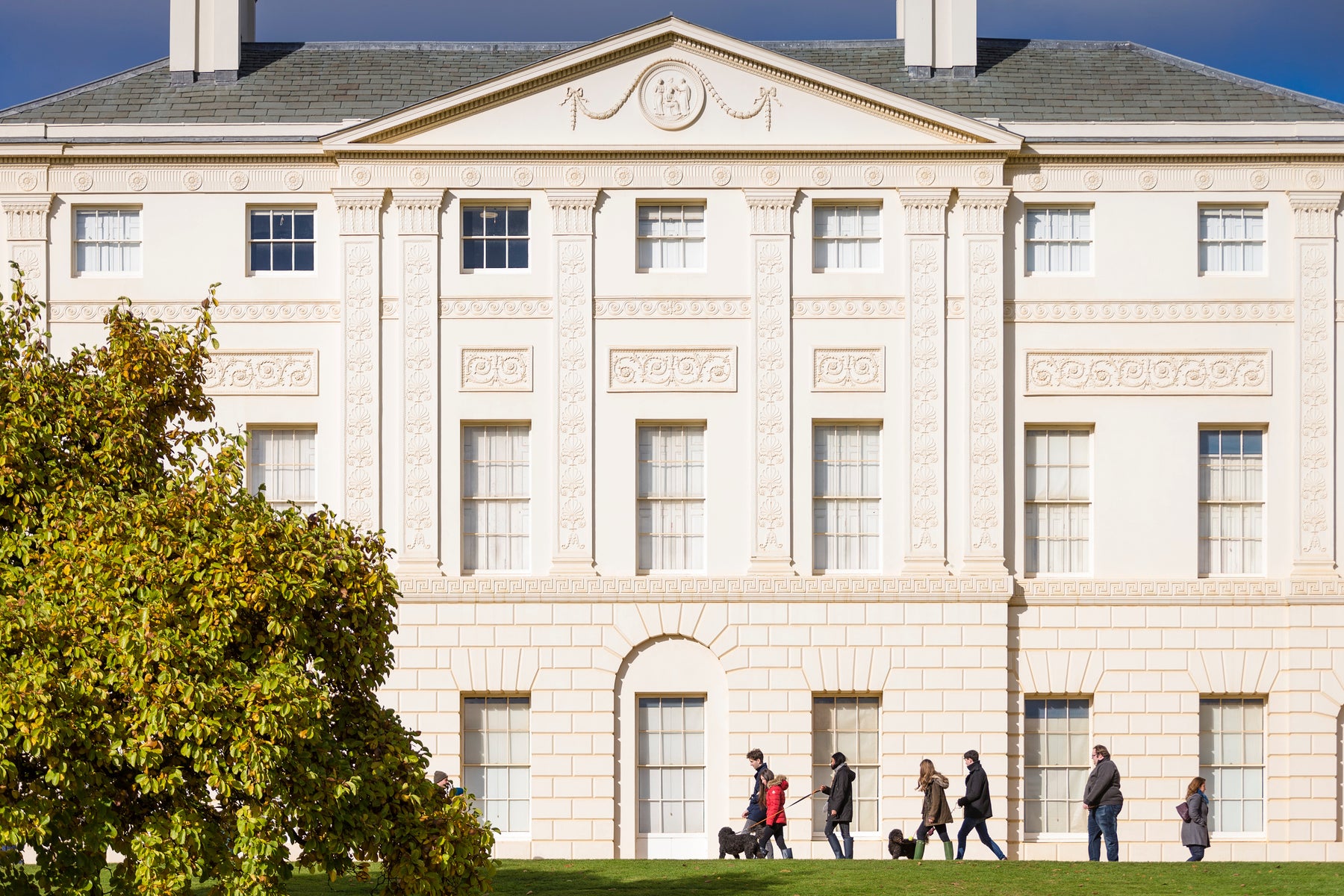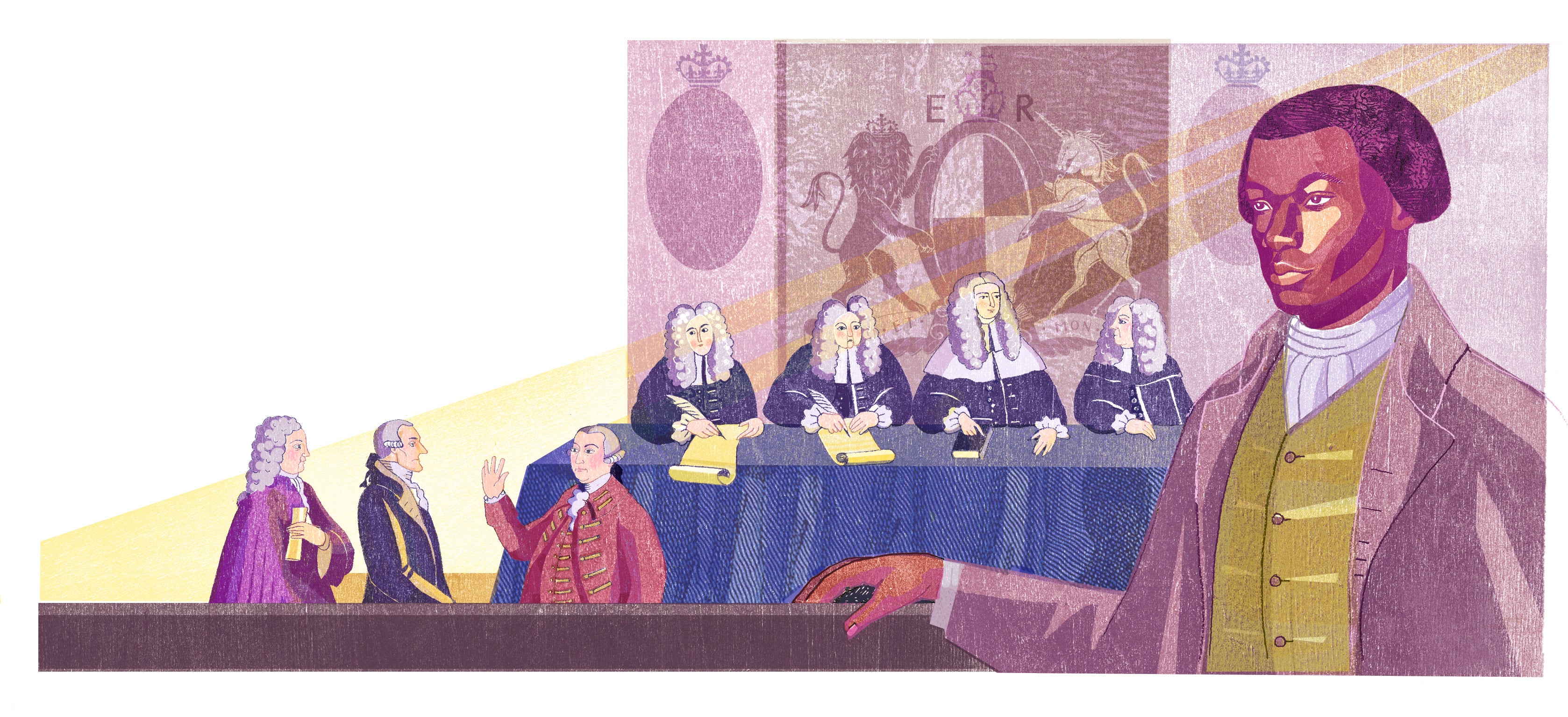
English Heritage has commissioned new music from the Chineke! Junior Orchestra to celebrate the 250th anniversary of the landmark Somerset v Stewart ruling, which contributed to the abolition of slavery in England.
On 22 June 1772, William Murray – later Lord Mansfield – Chief Justice of the Court of King’s Bench, ruled that it was unlawful to transport James Somerset, an enslaved African, forcibly out of England.
To mark 250 years since the ruling, which was popularly taken to mean that slavery was effectively illegal in England, English Heritage has commissioned new music to commemorate the anniversary.

The music is inspired by the life of Somerset and comes from the Chineke! Junior Orchestra – Europe’s first majority black and ethnically diverse orchestra.
The Chineke! Junior Orchestra was formed in 2015 along with its adult sister ensemble, the Chineke! Orchestra.
The group consists of ethnically diverse musicians aged between 11 and 22.
Several members of the Chineke! Junior Orchestra have achieved considerable success after securing full scholarships to the Royal Academy of Music, Royal College of Music, Royal Northern College of Music and the Guildhall School of Music.
The new music will be performed at Kenwood House in London, the former home of Lord Mansfield, on June 22 and will also be available to listen to online.
The event will also see a discussion among specially selected speakers, who will reflect on the enduring relevance of the Somerset case.
The speakers include: the UK’s leading anti-slavery lawyer Parosha Chandran, Ghanaian analyst, journalist and pan-African activist credited with developing the recognition of October as Black History Month in the UK Akyaaba Addai-Sebo, and founder and director of the Chineke! Orchestra Chi-chi Nwanoku.
The event will be chaired by Kunle Olulode, English Heritage trustee and the director of Voice4Change England – a national advocate for the black and minority ethnic voluntary and community sector.
Speaking about the upcoming event, Dr Dominique Bouchard, English Heritage’s head of learning and interpretation, said: “There is no doubt that the Somerset v Stewart ruling in 1772 paved a significant pathway to the eventual abolition of slavery in England and is an extremely important legal case.
“It’s such a significant ruling and yet many people are unaware of the story of James Somerset and the important part he played in the history of abolition.
“We’re commemorating this important 250th anniversary connected to Kenwood House with an incredible panel and the Chineke! Musicians, whose creativity will help bring the story to life for the audience and for future visitors to Kenwood House.”
Somerset was a slave to Scottish merchant Charles Steuart (Stewart) in Virginia, United States.

In 1769, Steuart relocated to England, taking Somerset with him.
After fleeing Steuart, Somerset was kidnapped by slave hunters and delivered to Captain John Knowles, captain of the ship Ann and Mary, and was held awaiting transportation to Jamaica where he was to be sold.
After an application for a writ of habeas corpus, Captain Knowles was required to present Somerset to the court.
On 22 June 1772, after Somerset’s case at King’s Bench, Mansfield ruled it was unlawful to transport Somerset to Jamaica against his will.
Although many understood the Somerset v Stewart ruling to mean the end of slavery in England, it would be another 35 years after the Somerset case before the transatlantic slave trade was abolished, and a further 26 years after that before the Slavery Abolition Act of 1833 finally put an end to the practice across the British Empire.







